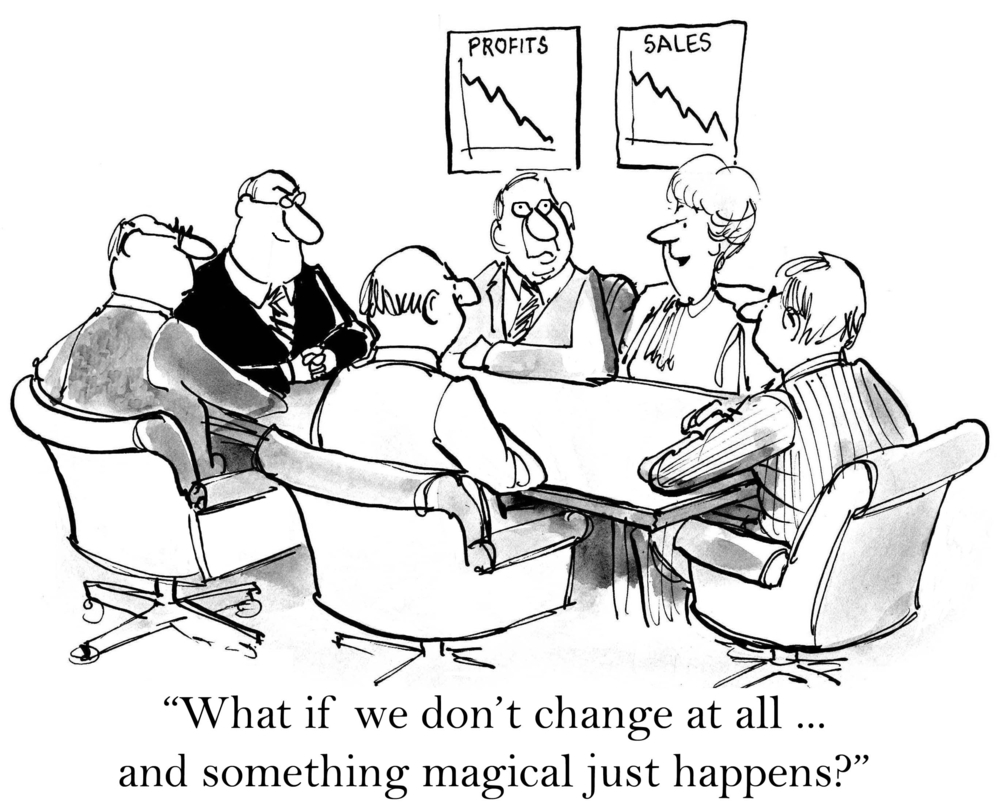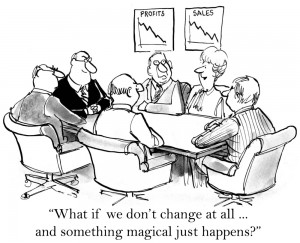A continuation from Tuesday’s post. For Part 1, click HERE.
6. Your Efforts are Automated & Lack Flavor
So many authors see marketing as a nuisance that they hire a publicist to “just do it.” Or they’re so busy with other things, they put their marketing on auto-pilot so they can feel good. The problem is, competition will kick your ass if you do this. And readers can see right through it.
Avoid the spam approach to marketing through email, Twitter, and Facebook (we’ll discuss this more in latter points). Likewise, avoid the generic press release distribution service (it won’t work), and the one-size fits all marketing package purchased online. You wrote an amazing book — it contains purposeful content that can be used to flavor your strategies. Take advantage. We are all so used to being sold something that we’re naturally suspicious. Show your readers what you’re made of and invest the time to build and grow your audience.
Your secret weapon is trust. And trust is earned. Readers aren’t going to buy a book unless they believe in it and trust you. You can’t auto-pilot that. Building trust takes good old-fashioned shoe leather, time, and personal investment.
7. You’re Not Using Multiple Sales Channels
Every book is different. Every reader is different. Consider your marketing a jungle gym of opportunities where there is no right or wrong way to navigate it. As they say, there are several ways to skin a cat. Try as many things as make sense financially. Bookstores are not the only way to sell your book. As an indie author you might even lose money pursuing bookstores as your only sales strategies.
Sales outlets not pursued enough by indie authors include partnerships with organizations that buy in bulk, their own websites with a seamless shopping cart capability, and nontraditional events that attract their audience in larger numbers than the all-too-common “book/writer’s events.”
8. You Don’t Know Your Book’s Selling Points
Ask yourself if you know how your book is different from competing books. Do you know the problems it solves for your reader? Sometimes we’re so close to our own book that we can’t actually explain clearly what makes it magnificent.
Indie authors vacillate between underselling their book’s wonderful qualities and not selling them at all. Tip: pick one word that describes the benefit of your book (amusement, enlightenment, humor) and list three ways your book offers this benefit differently than other books. Make sure those selling points are communicated to retailers, in your news releases, at direct-to-reader events, online, in articles, and to the media.
9. You’re Not Present
In our opinion this is the most common reason your books isn’t selling. It’s so easy to pay someone to do your bidding. We see it all the time. Of course there are things you won’t know how to do. Yes, there are doors you need help opening. But, let’s be honest, there’s stuff we all just hate doing. You know what’s on your list: social media, cold calls, booking events, and the list goes on.
There’s someone out there who will gladly do all of your book marketing and handle your sales for you for a fee. The tradeoff is that they’re serving several other clients and they will not be able to do what’s most important — be you. You know why you wrote your book better than anyone. You know why readers love your book better than anyone. You know why it’s important for someone to choose your book over the next book better than anyone.
Sure you should hire help for marketing (ahem, we do that) but it works only when you are actively involved–strategizing, researching, and calculating on your own what’s working (and what isn’t).
10. You Look Desperate
Desperation sucks. There’s a fine line between plugging your book and begging.
Sadly because some authors aren’t informed about how best to market their books, they break a few rules in the pursuit of authorship. Some of the rules include spamming, sending generic/mass emails to lukewarm contacts, not having proper or complete marketing/sales materials (sell sheet, media kit, book specifications, ISBN, distribution information).
Patience goes a long way. We’re all in a hurry to sell our books. We all think our book is the bees knees. Take your time and don’t risk your book’s standing in the marketplace by coming across as a nuisance. Be strategic in every communication you have with potential buyers, fans, supporters, and friends. The best opportunities arrive through attraction and not through pursuit.
So there it is. What are you thoughts? Why do you think some books have trouble selling? And even better, tell us what you’re doing to help your book sell!


